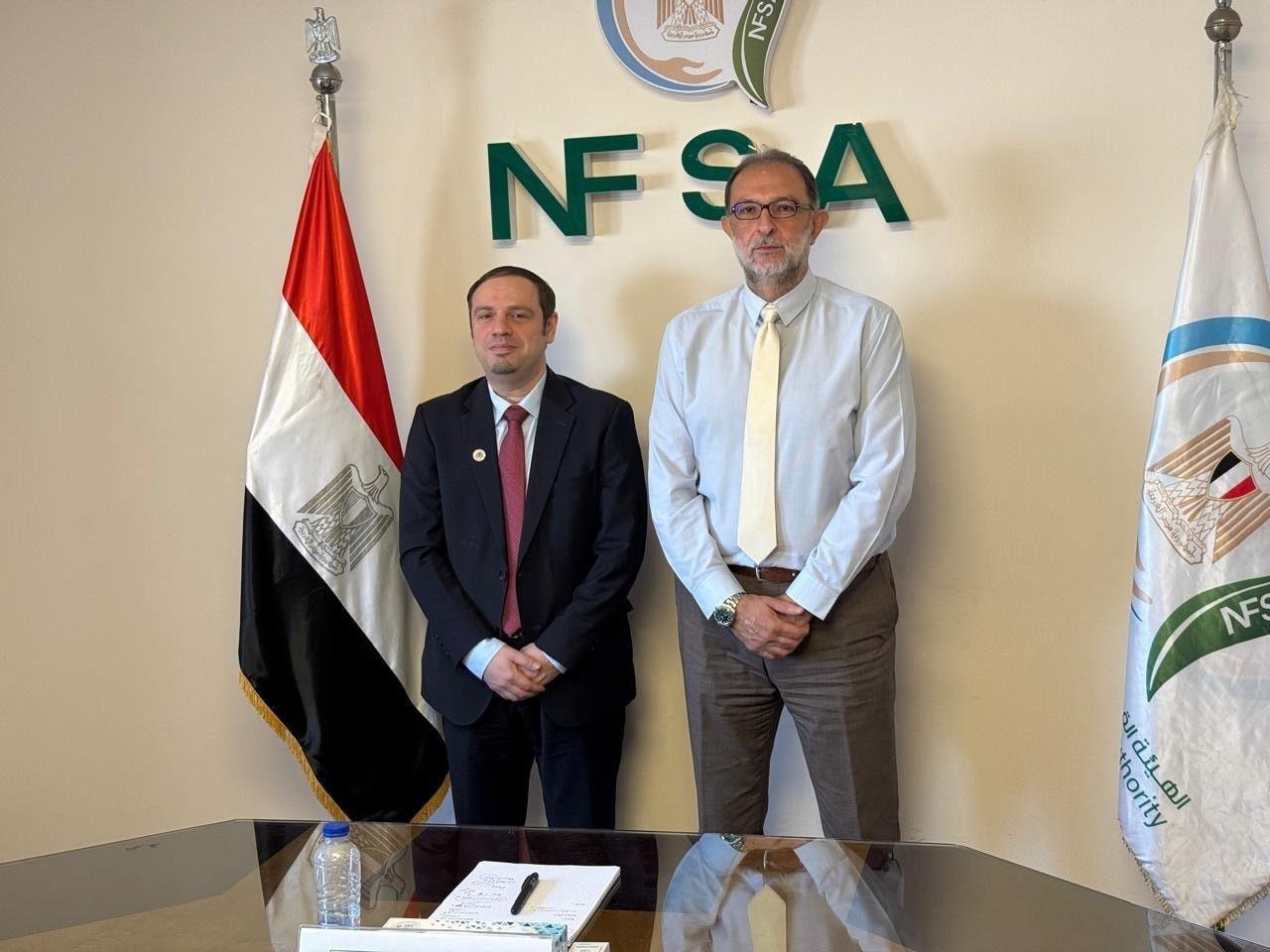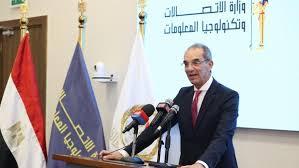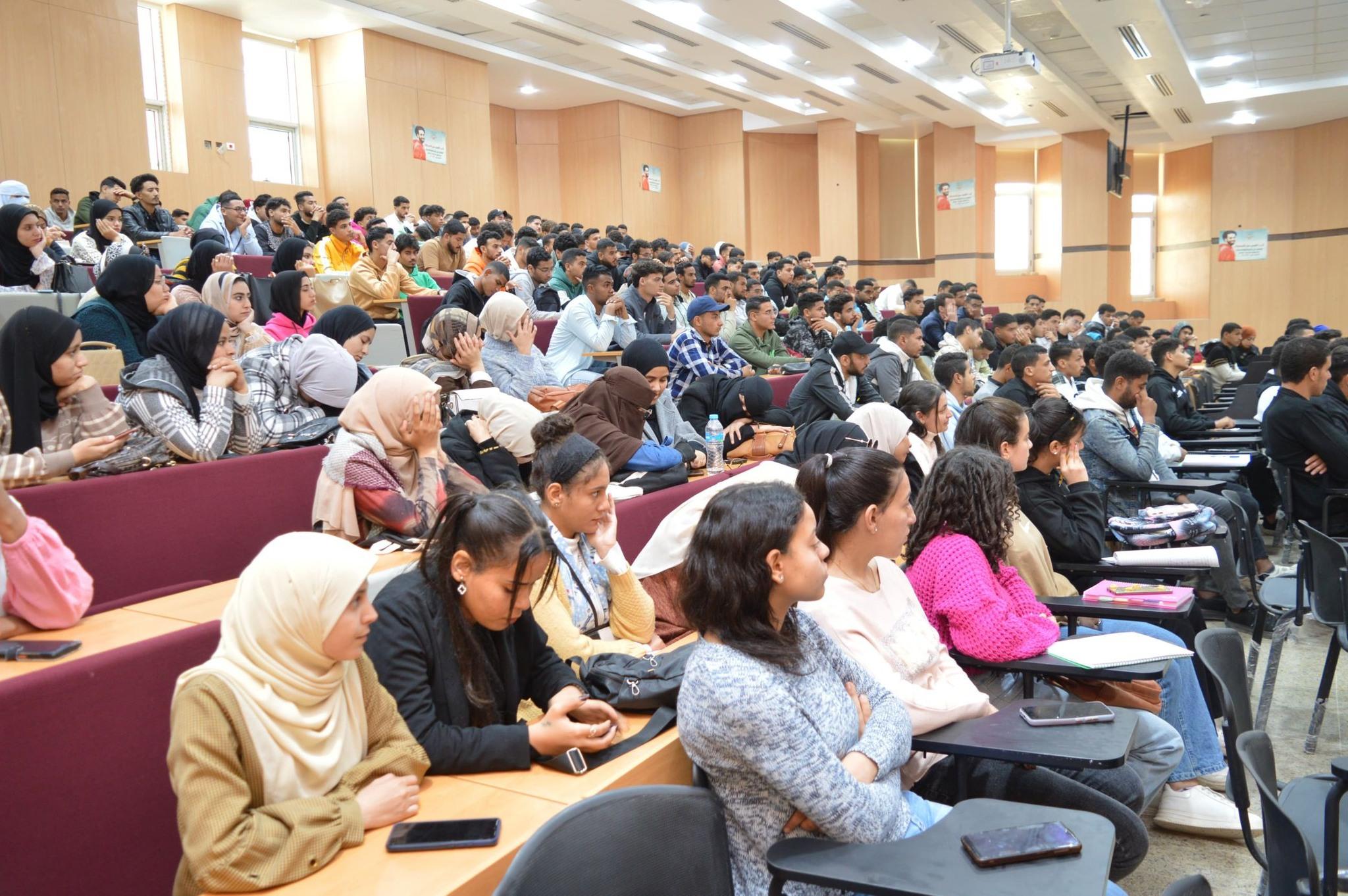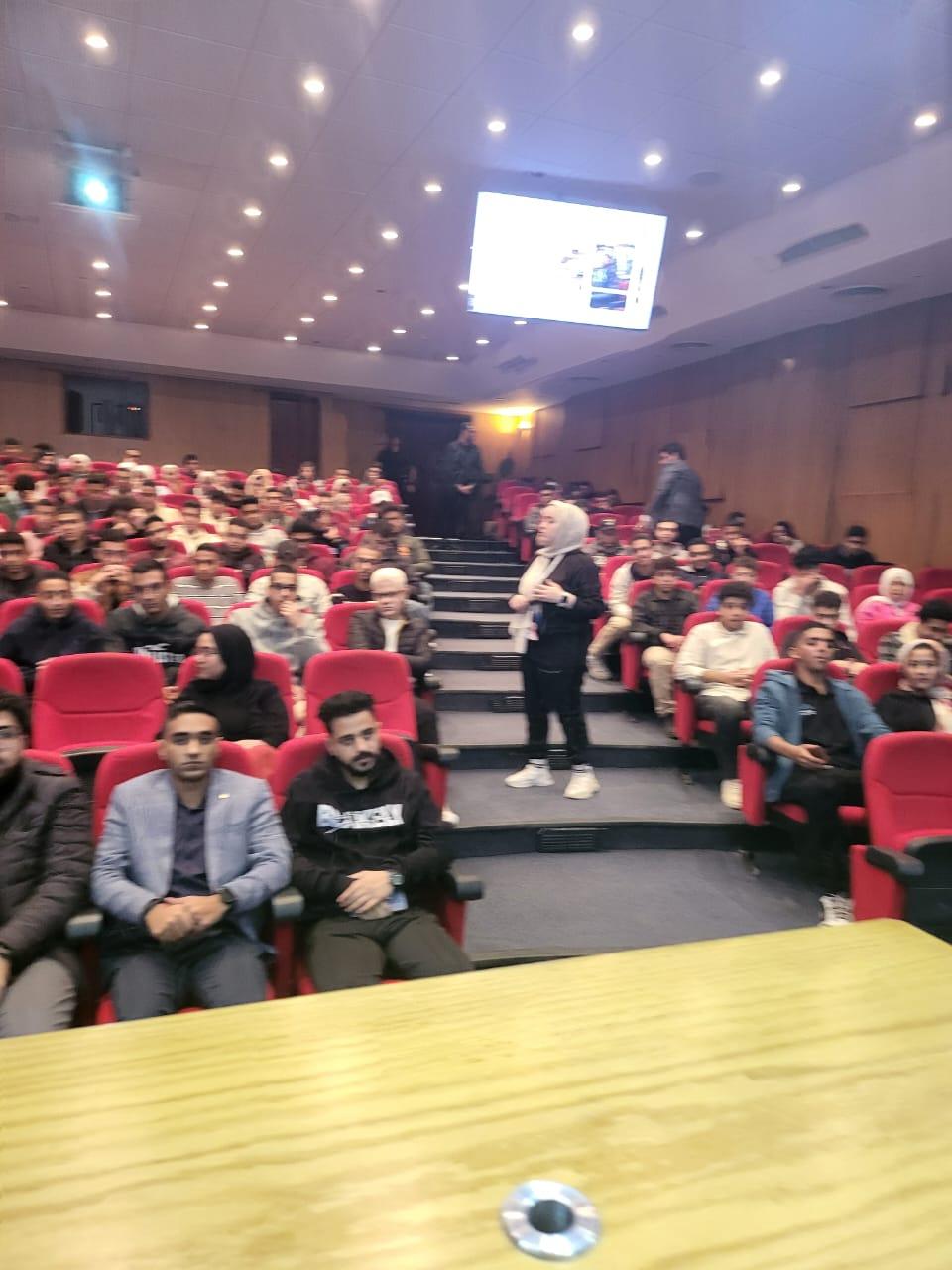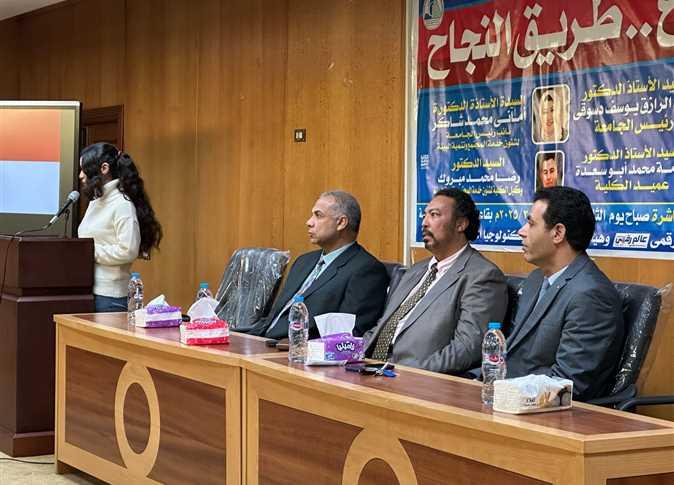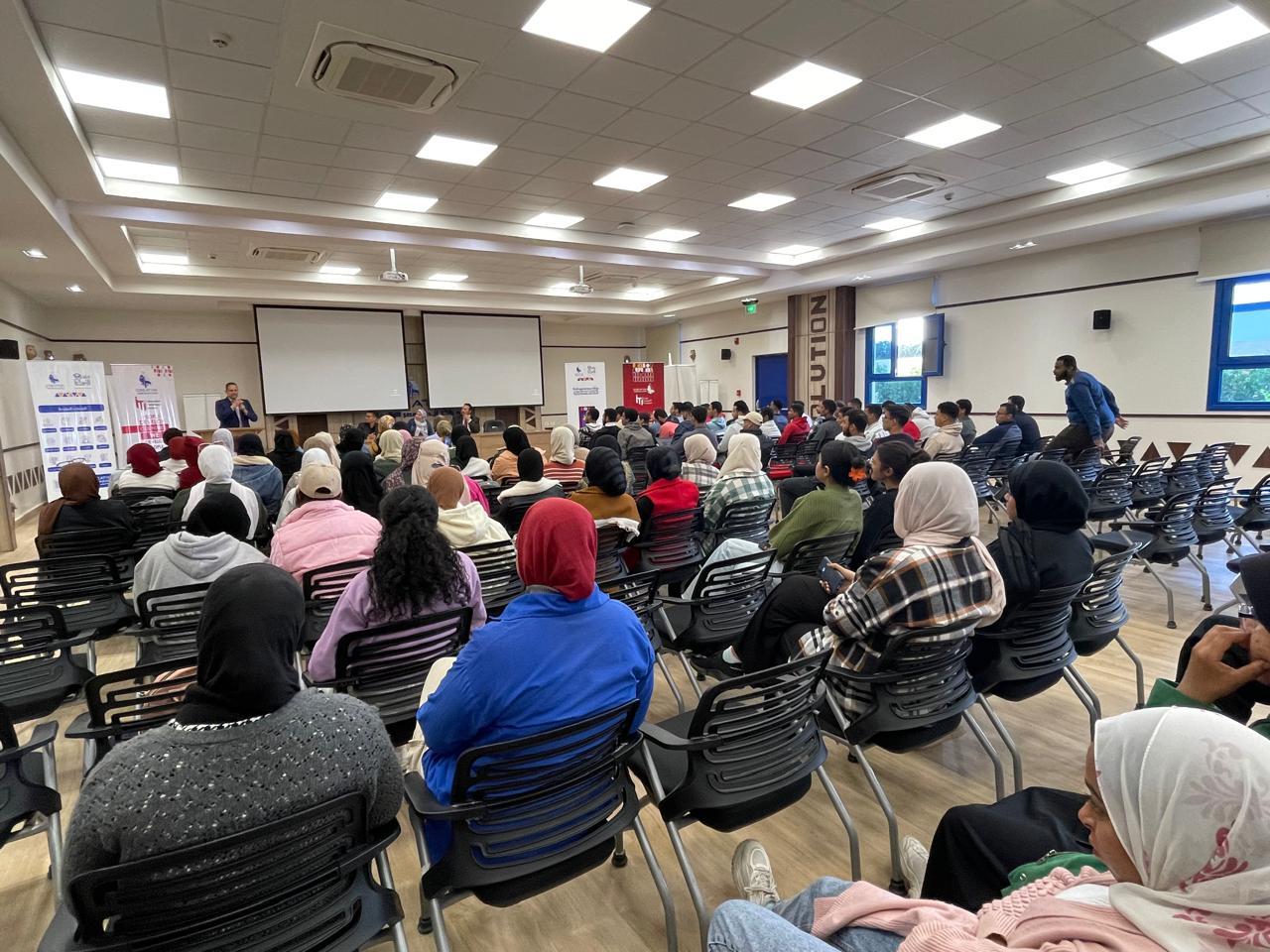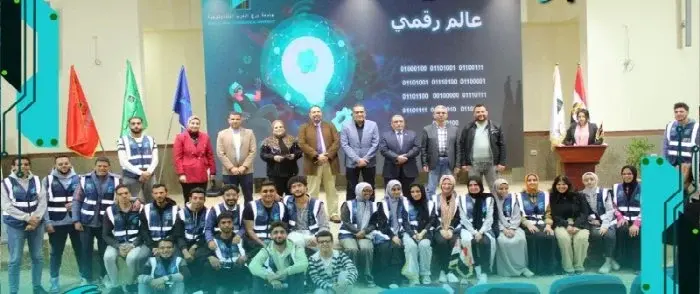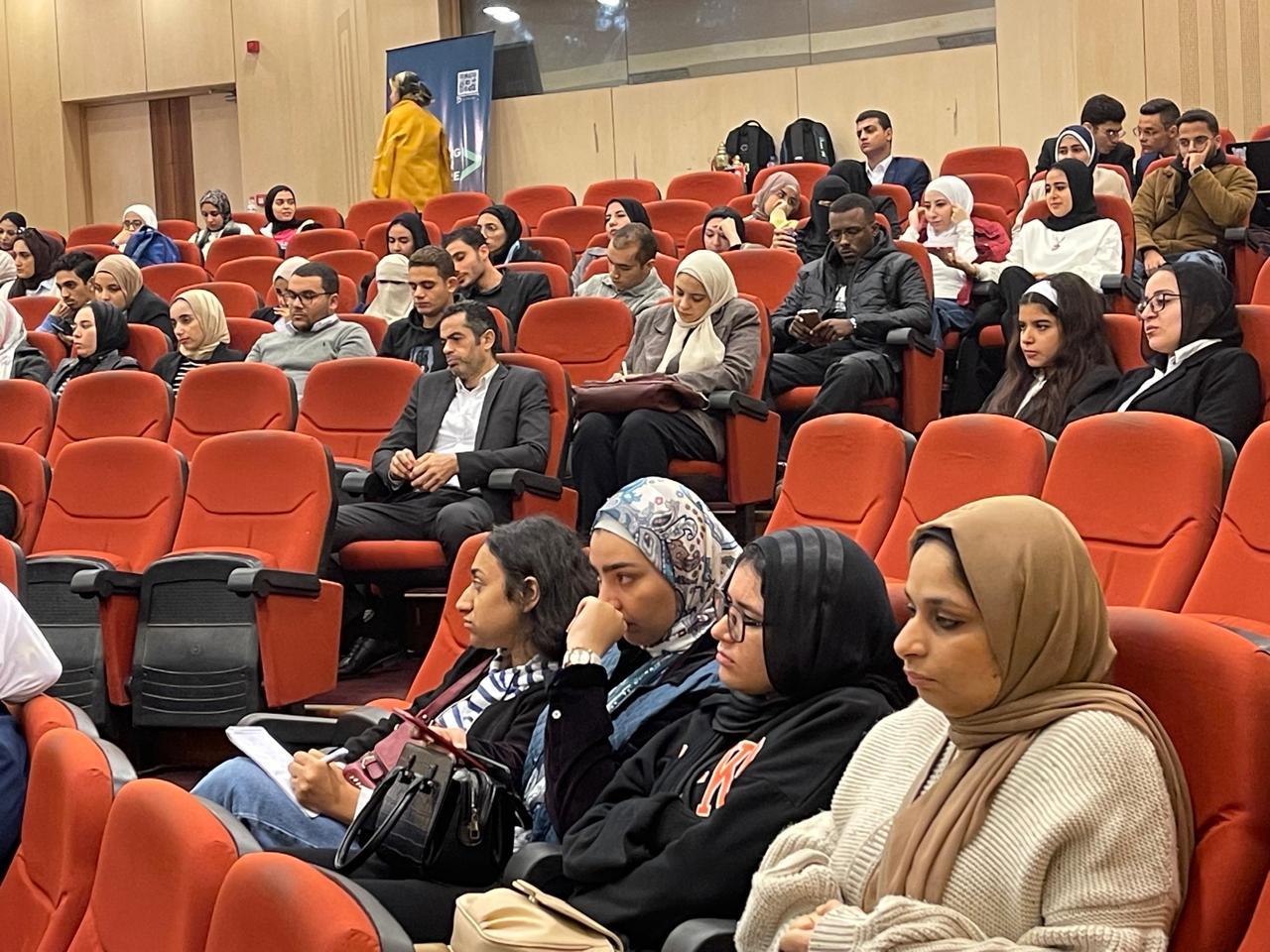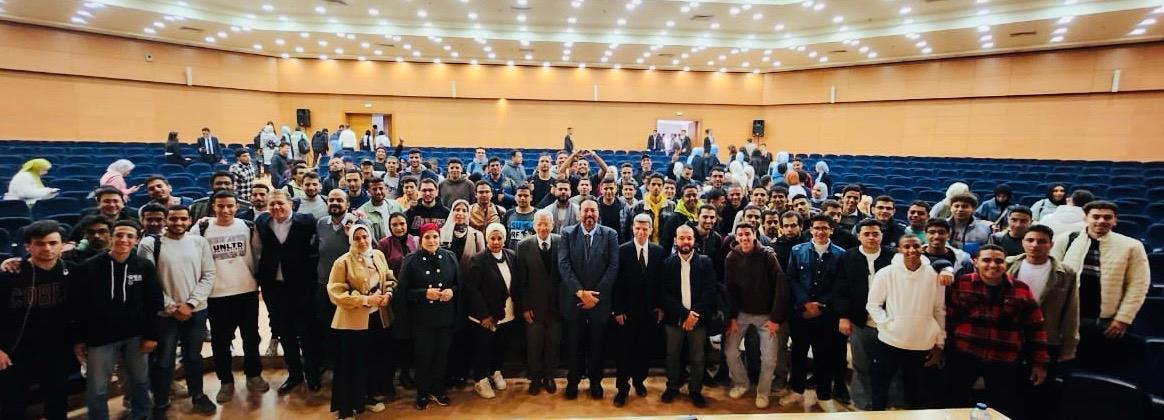By : Mohamed Shawky
The World Bank has confirmed plans to invest $200 million into Ethiopia’s digital economy as the country liberalises its telecoms market, but has cautioned that policies aimed at encouraging new entrants to lease infrastructure from Ethio Telecom could prove counterproductive.
Ousmane Dione, World Bank country director for Eritrea, Ethiopia, South Sudan and Sudan, warned that deployments could stall if new operators were pushed to lease infrastructure from Ethio Telecom rather than independent tower firms, arguing that it would be best if market entrants were able to “make rational decisions whether to build their own infrastructure.”
“To benefit fully from competition does not mean offering preferential treatment to Ethio Telecom but rather creating a level playing field on which it can compete fairly with its new rivals,” argued Dione. He noted that rural areas could be particularly badly affected.
Ethio Telecom has long held a monopoly in the market, with the bidding process for two new universal licences currently underway as Ethiopia moves towards opening up its telecoms sector. Operator groups including Etisalat, MTN, Orange, STC and a consortium headed by Vodafone are competing for the licences.
However, Dione noted that regulations governing the construction of private infrastructure and restricting foreign ownership of finance providers would be damaging both to new entrants seeking to set up financial offerings as well as Ethio Telecom.
“Ultimately, policies that seek to protect Ethio Telecom’s infrastructure by allowing it to charge high prices for interconnection will end up harming the company,” added Dione.
The country manager elaborated further on the World Bank’s pledge to invest $200 million into the market via the new Digital Ethiopia Foundations project, saying the strategy was aimed at creating “the legal and regulatory building blocks for the digital ecosystem, in areas like e-commerce and Digital ID.”





